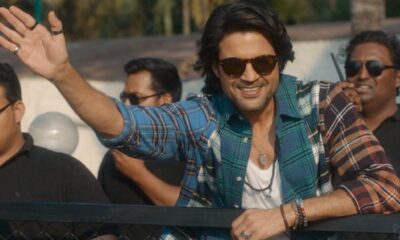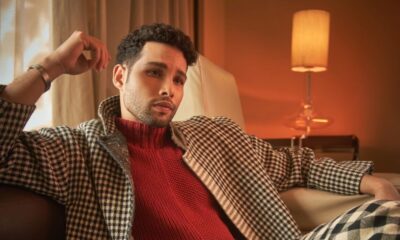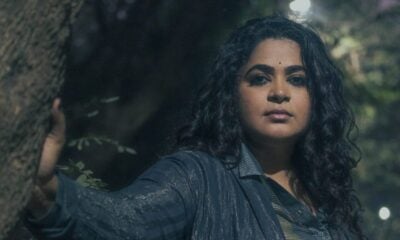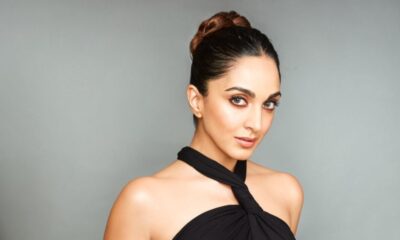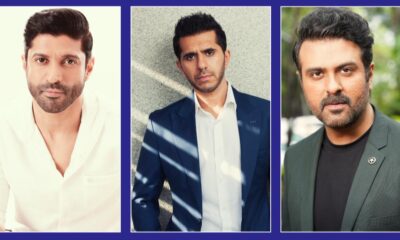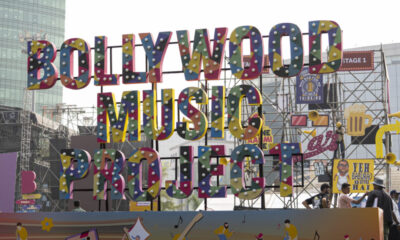Exclusives
International Women’s Day! Zoya Akhtar: You have your everyday sexism, but Bollywood is pretty welcoming of female filmmakers now – CB exclusive
Gully Boy director Zoya Akhtar exclusively reveals to us if female filmmakers face sexism and discrimination in Bollywood or not. Read on to know what she had to say…
Published
5 years agoon
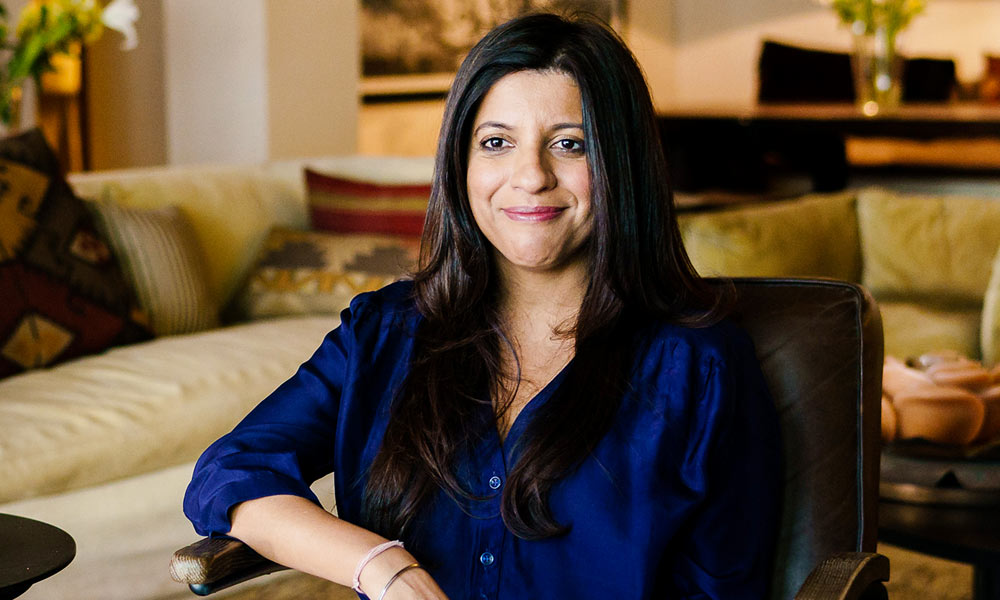
Over the past few years, we’ve seen a paradigm shift in Bollywood. Not only have Bollywood actresses started getting more recognition and meatier roles, but the technical side of the business has also started welcoming a lot of women. From directors to producers, to ADs and DOPs, women have started making a mark in the Hindi film industry, which has been dominated by men traditionally, over the years. In fact, in the last decade, we’ve seen several women filmmakers break out. From Farah Khan and Zoya Akhtar to Ashwiny Iyer Tiwari and Alankrita Shrivastava, most female filmmakers have come out with different kind of films and won over audiences.
However, trying to forge your way into a male-dominated industry is no easy task. So, when we met Zoya Akhtar, we had to ask her about her experiences as a woman filmmaker. We even asked her if she faced sexism ever amongst other issues. Basking in the glory of Gully Boy, Zoya Akhtar reveals to CineBlitz that the industry has changed quite a bit. She further states that female filmmakers, technicians and actresses are here to stay!
Being a woman filmmaker, has it been difficult entering and creating your own space in a male-dominated industry like Bollywood? Does having a filmi connect help?
We exist in a patriarchal society. So, most women are used to being in a male-dominated environment to begin with! So, when you come into Bollywood, you already know how to negotiate and navigate through this. In fact, every industry in India is male-dominated. This is because women have come into the workforce much later. Having said that, I grew up in a family with women who were already in the Hindi film industry. Whether it’s my mum (Honey Irani), who was a child star and writer, or whether it was my aunt (Daisy Irani), who was also a child star. Then there is my cousin, Farah Khan, who was a choreographer. She even went on to becoming one of the biggest directors in this industry!
I also grew up watching Sai Paranjape, who I adore. When I was a kid, she was a working, functioning director. Her work was extremely charming, unique and popular. There was Mira Nair, who I looked up to! I’ve grown up around very strong women who were already part of the workforce. So, I never came in on the back-foot, I never came in inhibited. I also have to say, I never really felt my gender was an issue. Obviously, you have your everyday sexism, that’s a part and parcel of India on some level. But you deal with it! On a bigger level, the industry is pretty welcoming of female filmmakers now.
Our company (Excel Entertainment) has three (Zoya Akhtar, Reema Kagti and Nitya Mehra), which is unique. Every year a new talent is discovered. In fact, in 2017, two women directors won massive awards in the popular as well as the critics’ choice for the first time, Konkana Sen Sharma and Ashwiny Iyer Tiwari. We are in the mainstream industry and we are here to stay.
Do actors and crew members treat female filmmakers and technicians in a different manner vis-à-vis male filmmakers and technicians?
Not really! The crew as well as actors do a lot more work than you do as a director. This is because they have the ability and time to do many more projects. Someone who is shooting for a film, can do more than one film at a time. A director cannot do that! A director, especially a writer-director, has to get completely involved in one project from its inception to its release. It’s a long-haul commitment. So, they end up working less than the crew and actors. Hence, they (the cast and crew) are very clued in! They can easily pick up if you know what you’re talking about or not.
You can’t fool them. You can’t bull**** your way into this job. If you are clear and you know your stuff, then they respect you. They don’t care if you are a man or a woman. As long as you know your stuff, you will get their respect. Initially, of course, there are women directors who have felt on their first film, that the technical crew didn’t take them seriously. But that changes immediately!
We’ve seen several women directors go the feminist way whilst making a film. You, on the other hand, give a balanced perspective in your movies. Is it a conscious decision?
No, I don’t think so! See, people tell the stories that move them. People tell the stories that they find powerful or they feel compelled to tell. I can’t judge anyone by the kind of story they tell, it’s their compulsion. With all due respect, more power to them. They should tell the stories they want to tell, that’s why we have a diverse movie scale. But when it comes to me, I don’t feel any such pressure. I feel when you make a film, or you are any kind of artist or writer, your politics comes out in the story you are telling.
Be it any story you are telling, it could be a pure entertainer, your value system, your politics and your stand on things does come out. My feminism has been all over my movies. l don’t necessarily feel I have to say ‘women-centric’ story.

You may like


Rajeev Khandelwal in Showtime to Ashmit Patel in State v/s Ahuja: 6 Actors who played Actors on screen


Siddhant Chaturvedi reveals how his father motivated him to pursue acting


Ashwiny Iyer Tiwari’s ad film for Amitabh Bachchan’s KBC inspired her to make Nil Battey Sannata


Kiara Advani joins Ranveer Singh in Farhan Akhtar’s Don 3


Excel Entertainment and Baweja Studios join hands for their third collaboration


Bollywood Music Project: Farhan Akhtar and Vishal-Sheykhar perform for 15,000+ audience in the closing act
